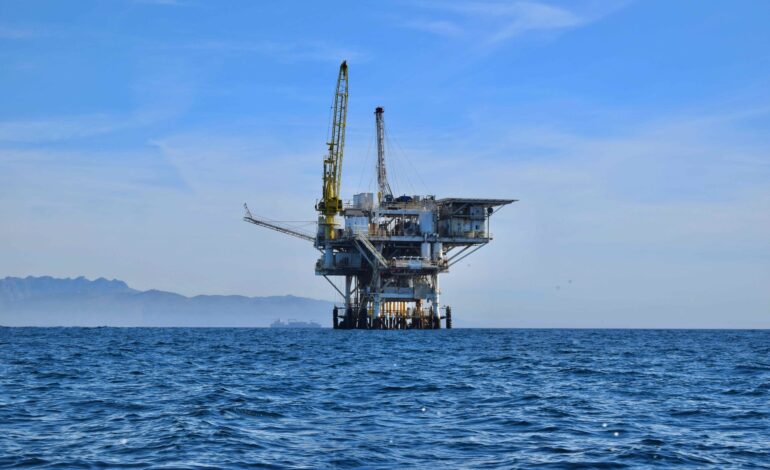
Green Shipping: Pioneering Sustainable Bunker Fuels for a Cleaner Maritime Era
The maritime sector is swiftly embracing sustainability, driven by the urgent need to minimize environmental impact. Green shipping initiatives prioritize the adoption of sustainable bunker fuels to curb emissions and meet global climate targets effectively.
Embracing Sustainable Choices
Shipping, crucial for global trade, faces environmental challenges from traditional fuels like heavy fuel oil (HFO), notorious for air pollution and greenhouse gas emissions. The transition to sustainable bunker fuels aims to mitigate these issues and enhance environmental stewardship.
Key Sustainable Options
- Liquefied Natural Gas (LNG): This fuel significantly reduces sulfur oxides (SOx), nitrogen oxides (NOx), and particulate matter emissions, promoting cleaner air quality and supporting global emission reduction goals.
- Biofuels: Derived from renewable sources such as algae or waste oils, biofuels provide a sustainable pathway to reduce carbon emissions and promote sustainability within maritime operations.
- Hydrogen and Ammonia: These innovative zero-emission fuels are being developed for use in fuel cells or ship engines, with efforts underway to scale up production for broader adoption.
Benefits of Green Shipping
- Environmental Advantages: Sustainable bunker fuels contribute to improved air quality and reduced greenhouse gas emissions, crucial for global climate initiatives.
- Regulatory Compliance: Adoption of sustainable bunker fuels helps shipping companies meet stringent environmental regulations, including sulfur limits set by the IMO.
- Operational Efficiency: Green shipping initiatives enhance fuel efficiency, reduce costs, and support sustainable practices throughout maritime operations.
Challenges and Considerations
- Infrastructure Development: Essential investments are needed in LNG bunkering facilities, biofuel production infrastructure, and hydrogen/ammonia supply chains to support widespread adoption.
- Cost Considerations: Initial investments in new technologies may be higher, but long-term savings and regulatory compliance benefits outweigh these costs.
- Technological Innovation: Continued research and development efforts are crucial for optimizing the efficiency and safety of sustainable bunker fuels in maritime operations.
Future Outlook
Advancements in technology and collaborative efforts within the industry promise a cleaner future for maritime operations. Green shipping and sustainable bunker fuels are pivotal in reducing emissions, preserving ecosystems, and ensuring economic sustainability globally. Prioritizing environmental responsibility ensures resilience and sustainability in maritime transport for future generations.





